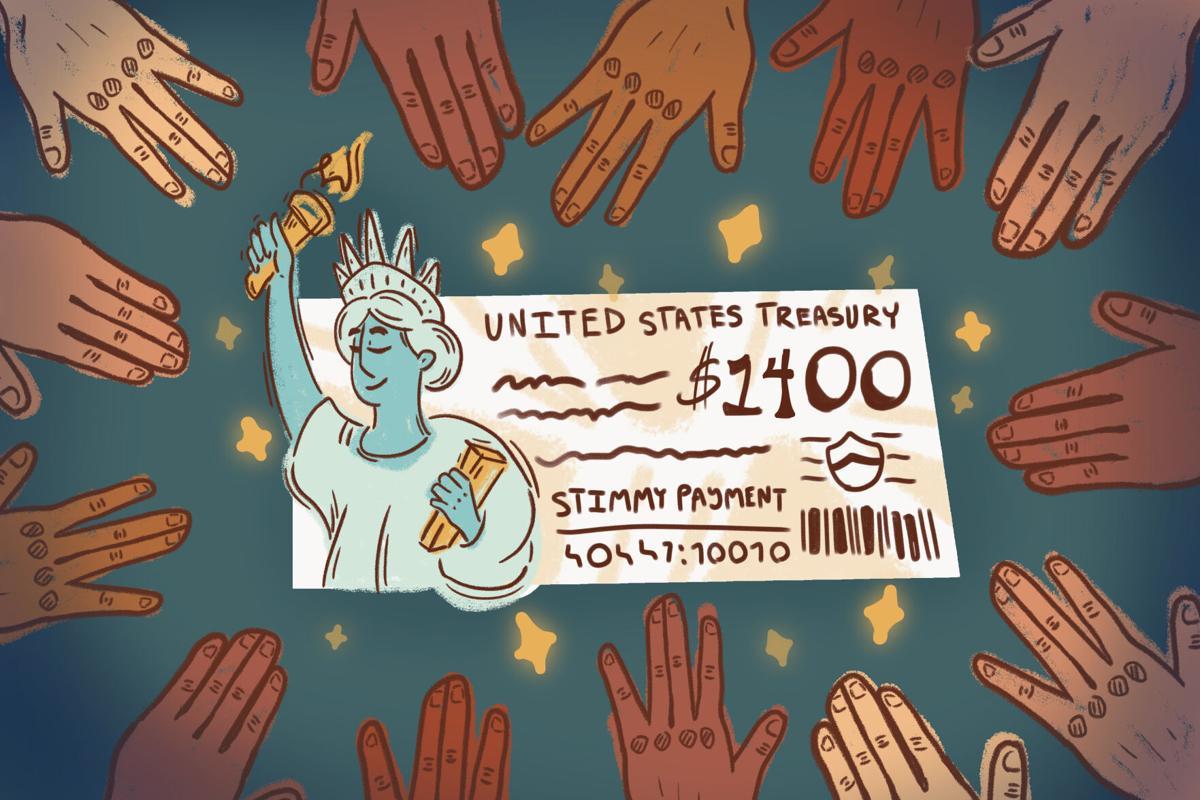All NC State students are now eligible to apply for Emergency Rescue Grants, the third round of the University’s COVID-19 relief grants. Students can receive up to $750 per term and apply for financial relief for terms that have already ended.
Krista Ringler, the associate vice provost and director of the Office of Scholarships and Financial Aid, said the University has $25 million dollars worth of grants to distribute to students. The funds are to be allocated to students to put towards expenses like tuition, food, textbooks, fees, housing or emergency costs due to COVID-19.
The Emergency Rescue Grant funding comes from the American Rescue Plan Act of 2021 passed by Congress in March 2021. The act includes funding for higher education institutions and specifically outlines provisions for students.
The Emergency Rescue Grants are unique from the last two rounds COVID-19 relief grants supplied by the University because all NC State students, including international students, are eligible. Due to the Personal Responsibility and Work Opportunity Reconciliation Act, passed by Congress in 1996, non-citizen students have been unable to apply for the last two rounds of grants.
“It’s a rule that says individuals who are international students cannot be dependent on the public welfare of the taxpayer,” Ringler said. “It’s kind of an indirect way of saying that taxpayers cannot be the support system for international students to attend [an] American university. In the first two iterations, the guidance that we were given was that if funding were provided to international students, it would be in violation of that law, which is a much older law that has nothing to do with these specific pieces of legislation.”
Ringler said the University has complied with and adapted to the specified guidelines passed down to them from the U.S. Department of Education.
“In this third round of funding, the federal government explicitly communicated that they no longer believed that prior legislation applied, and so they expressly said we could provide the funds to everyone,” Ringler said. “Each of those were basically decisions made based on direct guidance from the federal government at that point in time. So, there has been changes in their guidance over the three pots of funding they’ve provided.”
The application for the Emergency Rescue Grants is available through students’ MyPack Portal under the Financial Aid title. Students who are eligible to complete the Free Application for Federal Student Aid (FAFSA) should do so as part of their application if they have not already. For students unable to complete the FAFSA, applications are still valid without it.
According to Ringler, both the FAFSA and the information provided in the Emergency Rescue Grant application will be considered when determining funds allocated to students.
“For students who cannot do a FAFSA, which would be international students, if they talk about job loss either for themselves here or job loss for their families where they cannot provide support to them, those are examples of some of the things we might look at to help us understand financial need,” Ringler said. “So, we do have to take a little bit of a different lens and really focus on what they’re telling us their need is. We’re looking to see: has there been an impact to their financial circumstance as far as income?”
Students are encouraged to apply as soon as possible, as funds are limited. While most students in need should be eligible to receive funds from the grants, other financial relief can be found through the Pack Essentials Student Emergency Fund.
“It would be rare for a student not to qualify for the rescue grant funding, but perhaps their need is completely outside the bounds of what is allowed through the legislation,” Ringler said. “In that circumstance we wanted to be sure students knew there was still another place that you could go if you need support. That would be what we would recommend: to apply for support through Pack Essentials.”
Pack Essentials is a division of DASA that provides support for students dealing with any financial crisis, not just specific to COVID-19.
“The funding for that is all from donor support,” Ringler said, “So, these are going to be donors who have given to NC State for that purpose. Most of it comes from individuals saying, ‘I want to help needy students,’ and they give a financial donation that goes into this category of funding, and then NC State can give that back out to students.”
More information about the Emergency Rescue Grants and the application process can be found on the Student Services website.













